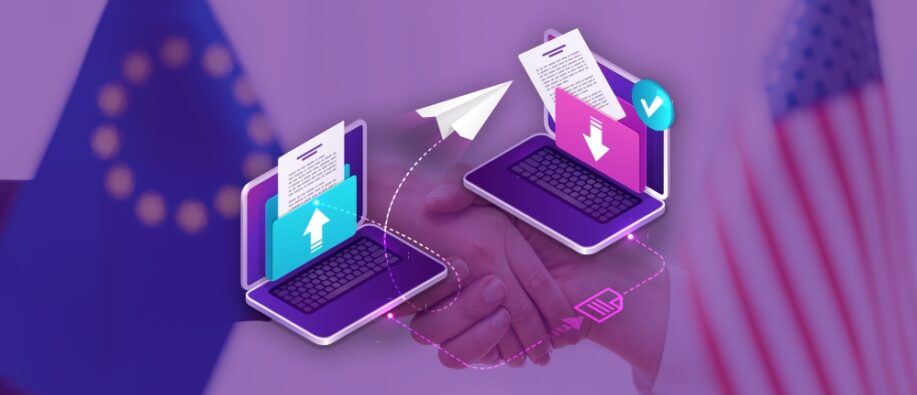Recently, a ruling by Europe’s second-highest Court, the General Court, has upheld a data transfer agreement struck between the European Union and the United States in 2023. This stands as one of the significant decisions that gives legal certainty to thousands of companies that transfer personal data across the Atlantic for commercial purposes. So, the EU-US comes with its data privacy framework, which came into effect in July 2023, standing as the latest mechanism for lawful data transfer from the EU to the US.
This new ruling is beneficial for tech firms, banks, pharmaceutical companies, automakers, and more, mainly those who rely on smooth data flows in scenarios such as cloud infrastructure, payroll, and other critical systems.
EU Court Ruling Secures Data Transfers for Businesses
The framework was announced in light of earlier pacts, such as Safe Harbor and Privacy Shield, by the EU's highest Court due to concerns about US surveillance practices. These agreements have been disapproved by privacy activist Max Schrems, who has now come up with a subsequent case that goes against the framework through French member of parliament Philippe Latombe.
Judge Latombe said the agreement lacked protection, mainly given the bulk collection of data and the independence of the new US Data Protection Review Court. The Court is responsible for the complaints from EU citizens. Alongside, the General Court in Luxembourg abandoned the challenge, siding with the European Commission.
Privacy Concerns Still Exist Instead of Legal Backing
The judge ruled that the US offers an adequate level of protection of EU data and that US intelligence activities are meant to be overseen through the DPRC. Another point is that the judge even denied the privacy-related surveillance.
On the positive side, it's a relief for corporations, even though critics are cautious about the same. Schrems said a more exhaustive evaluation of US surveillance might still expose deficiencies. Latombe could ask for an appeal to the Court of Justice of the European Union, which had denied the previous agreements.
For the time being, organizations can feel good about the stability of transatlantic data transfers, though concerns linger as to whether this agreement is indeed sustainable.
Join us for the latest daily updates. Click here to stay in the loop!
Recommended For You:





